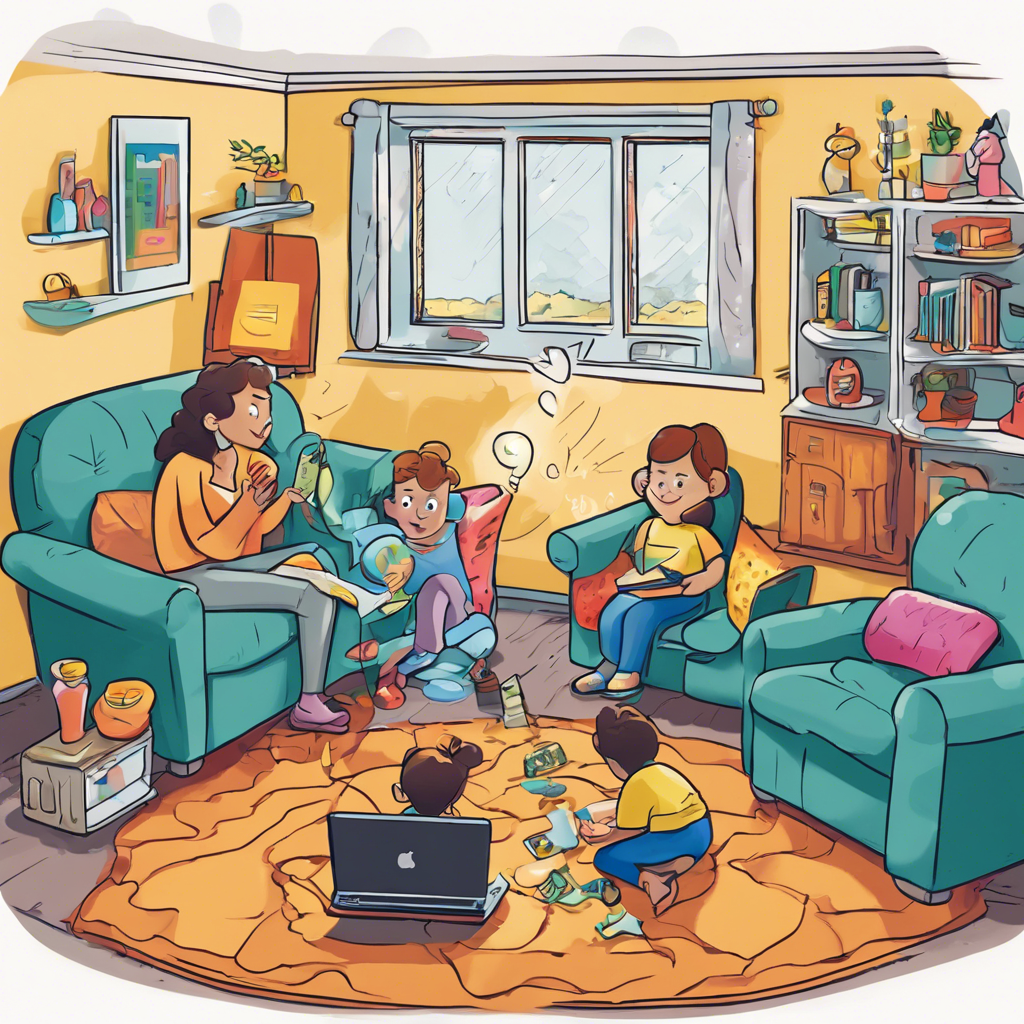In What Ways Do Religious Teachings From Various Cultures Intersect With Or Diverge From The Moral Lessons Of Ancient Texts?
Gathering question image...
Introduction
The intersection of religious teachings from diverse cultures and the moral lessons found in ancient texts is a profoundly intricate topic. This exploration highlights how various belief systems tackle similar ethical dilemmas while showing unique divergences in moral frameworks, aiding in understanding ethics across different cultures.
Universal Moral Themes in Religion
Numerous religious teachings throughout the world exhibit universal moral themes such as compassion, justice, and community solidarity. These principles resonate within ancient texts including the Bible, the Quran, and the Hindu Vedas, which serve as foundational ethical guidelines for religious adherents.
- The Golden Rule: A principle prevalent in various religions, emphasizing that individuals should treat others as they wish to be treated themselves.
- Justice and Fairness: A widely emphasized theme, indicating that moral actions should foster fairness and rectify wrongdoing.
Distinct Moral Lessons Across Religions
Though many similarities exist, diverse religions often impart distinct moral lessons, reflecting the unique cultural contexts from which they emerge. For instance, notions of sin, redemption, and the afterlife can differ significantly among faith traditions.
- In Christianity, the focus is predominantly on salvation through faith and grace, whereas Buddhism highlights personal enlightenment and relief from suffering.
- Various ancient texts may depict divine authority as the source of morality, while others explore ethical frameworks based on community consensus, resulting in differing beliefs about moral accountability.
Influence of Cultural Context on Moral Teachings
The cultural backgrounds of different religions profoundly shape their moral teachings. The ancient texts were typically grounded in specific historical and cultural settings that influenced the moral imperatives they convey. This impact is evident in how various cultures interpret similar commandments and ethical teachings.
- Interpretations of familial duty and respect can vary significantly, affecting societal norms regarding kinship across cultures.
- Religious texts often reflect societal values about gender roles and authority, resulting in varied beliefs regarding responsibility and governance.
Contemporary Relevance of Ancient Moral Lessons
In the modern era, the moral teachings derived from ancient texts continue to play a crucial role in discussions surrounding ethics, law, and social norms. Religious leaders and scholars frequently cite these teachings when addressing contemporary moral challenges.
- Current issues like climate change and global justice are approached using moral frameworks rooted in religious teachings, highlighting themes of stewardship and ethical responsibility.
- Contemporary debates concerning equality and human rights often draw upon ancient moral principles, showcasing both the continuity and evolution of moral perspectives in society.
Conclusion
In summary, while significant intersections exist in the moral lessons of various religious teachings and ancient texts, there are also profound divergences influenced by cultural contexts and historical developments. Grasping these nuances enriches our understanding of moral philosophy across different societies and traditions.
Expert Quote
Dr. Karen Armstrong, Religious Historian and Author
The world's religions share a common ethical foundation, yet their distinct teachings reflect the unique historical and cultural circumstances of each tradition.
Armstrong, Karen. *The History of God*. Ballantine Books, 1993.
Relevant Links
Cultural Religious Competence in Clinical Practice - StatPearls ...
https://www.ncbi.nlm.nih.gov/books/NBK493216/Religion and Identity | Facing History & Ourselves
https://www.facinghistory.org/resource-library/religion-identityReligion & Culture | Overview & Impacts - Lesson | Study.com
https://study.com/academy/lesson/how-religion-contributes-to-cultural-change.htmlReligion, Spirituality, and Health: The Research and Clinical ...
https://pmc.ncbi.nlm.nih.gov/articles/PMC3671693/TIP 59: Improving Cultural Competence
https://store.samhsa.gov/sites/default/files/sma14-4849.pdfMost popular questions

How Do The Personal Relationships Among Gods Affect Their Decisions In The Iliad?
The intricate relationships among the gods in Homer's epic poem 'The Iliad' play a crucial role in shaping their actions and decisions. These divine interactions create a complex web of fates, where each god's personal alliances and rivalries directly influence the events of the mortal world.

What Strategies Can Parents Use To Educate Their Children About Online Safety Beyond Privacy Settings?
In today's digital landscape, teaching children about online safety is essential for their protection and well-being. While privacy settings play a critical role, parents can implement various strategies to create a thorough understanding of online safety principles among their children.

What Are The Different Types Of Insulation Materials Commonly Used In Buildings, And How Do They Compare In Terms Of Thermal Resistance?
Insulation materials are vital for enhancing energy efficiency in residential and commercial buildings by minimizing heat transfer. Understanding the various insulation types can lead to better choices for thermal resistance and overall comfort.
Most recent questions

How Does The Integration Of Multimedia In Digital Narratives Enhance Audience Engagement Compared To Traditional Storytelling Methods?
The integration of multimedia in digital storytelling significantly transforms how narratives are conveyed and experienced. Unlike traditional storytelling, which typically relies on text or spoken word, multimedia storytelling fuses various formats such as images, audio, video, and interactive elements, resulting in a richer and more engaging experience for the audience.

How Do Cognitive Biases Influence Betting Strategies In Poker And Blackjack?
Cognitive biases significantly influence the decisions of poker and blackjack players, often resulting in poor choices. By understanding these biases, players can gain a competitive edge by identifying and counteracting their effects on decision-making and betting strategies.

What Role Do Audience Expectations Play In The Evolution Of Characters From Marginalized Backgrounds?
Audience expectations profoundly shape the portrayal and evolution of characters from marginalized backgrounds in modern storytelling. As societal perspectives transform, the characterization of these individuals evolves from simplistic stereotypes to intricate and nuanced representations that authentically reflect diverse cultures.